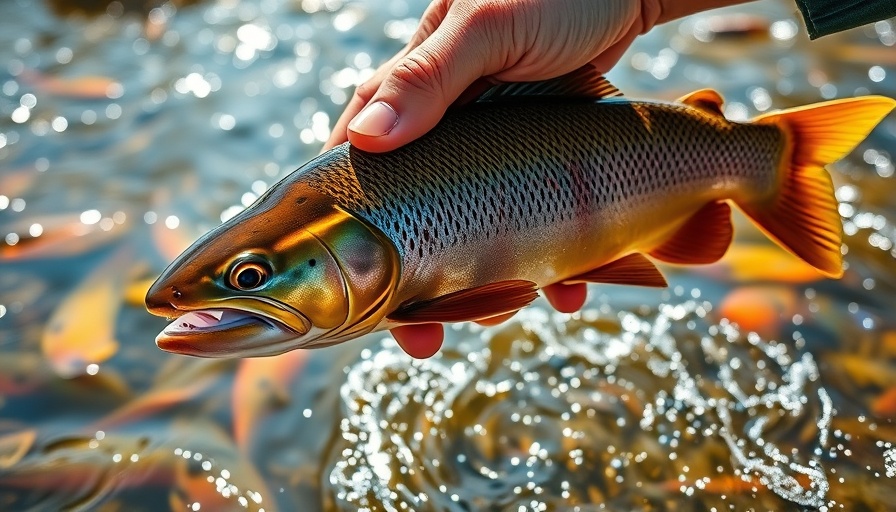
The Rising Cost of Stocking Fish: What's Behind Kansas' Decision?
This year's trout season in Kansas has been cut short, sparking concerns among fishing enthusiasts. The state is facing a significant increase in the costs associated with stocking fish in local lakes and rivers. This decision not only affects avid anglers eagerly awaiting the traditional trout stocking but also reflects a growing trend in other states facing similar economic challenges in managing their fisheries.
Fishing Economics: A Look at What Drives Costs Up
Various factors contribute to the escalating expenses of fish stocking. The rising prices of fish feed and the infrastructure needed for breeding facilities have put a significant strain on budgets. Additionally, fuel costs for transport and distribution have skyrocketed, making the process more costly for state agencies. These economic realities are forcing states like Kansas to rethink their traditional fishing seasons.
The Environmental Impact of Shortened Seasons
The decision to shorten trout season not only impacts local economies reliant on fishing tourism but also has environmental implications. With fewer anglers participating, the demand for recreational fishing reduces, potentially leading to longer recovery times for fish populations. Balancing economic sustainability with environmental health is becoming an urgent issue in outdoor recreation.
Alternative Solutions: Expanding Fishing Opportunities
As states grapple with these challenges, alternative solutions are emerging. Improving community fishing programs and promoting local species can help mitigate some of the economic pressures. Kansas, and indeed other states, might consider partnerships with local businesses to enhance the fishing experience without solely relying on costly seasonal stocks.
Your Role in Supporting Sustainable Fishing Practices
As an outdoor enthusiast, understanding these dynamics can help you make informed decisions about your recreational activities. Supporting local ecotourism and sustainable fishing practices ensures that natural habitats are preserved while also allowing future generations to enjoy these resources.
Before heading out on your next fishing adventure, consider how you can contribute positively. Explore local fishing workshops to learn about sustainable practices or participate in community regulations to enhance conservation efforts. Every small effort helps.
 Add Row
Add Row  Add
Add 




Write A Comment